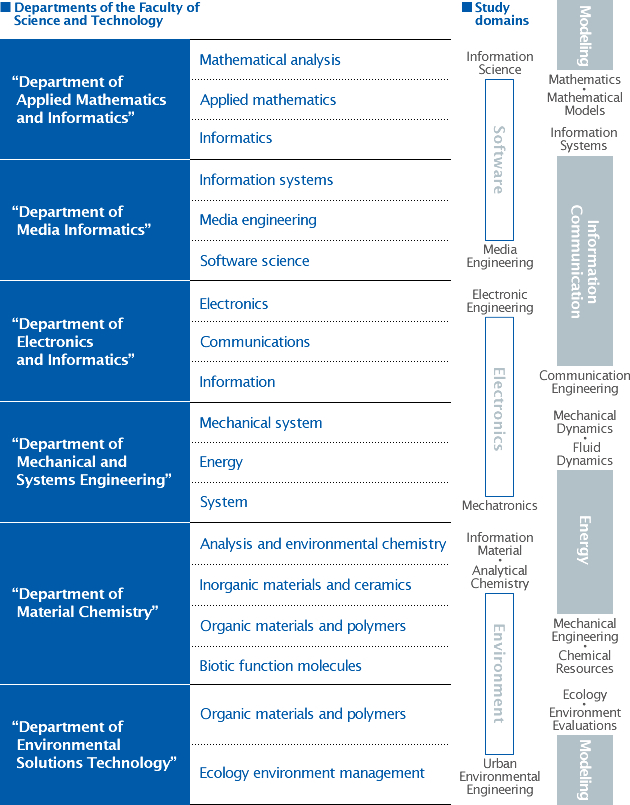Ryukoku University You, Unlimited
Need Help?
Faculties
Faculty of Science and Technology
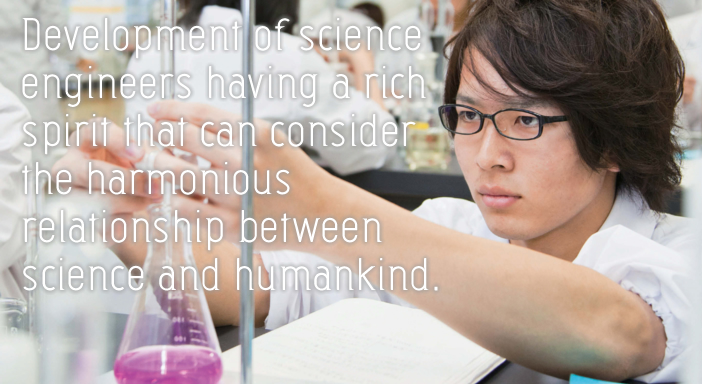
Educational Policies and Purposes
Based on our school’s philosophy, our faculty’s goal is to cultivate science engineers with high ethical standards. We hope that they are able to contribute to technical sophistication through a broad range of education and study from the basics to the application of science and engineering, while focusing on harmony between science and humans.
*Department of Applied Mathematics and Informatics
*Department of Media Informatics
*Department of Electronics and Informatics
*Department of Mechanical and Systems Engineering
*Department of Material Chemistry
*Department of Environmental Solutions Technology
The number of students at the Seta Campus: 2,408
Male students: 2,136; Female students: 272 (As of May 1, 2017)

A new curriculum will be started in the year of 2014
A new curriculum, which will be introduced in 2014, will aim to provide cultivation of autonomous learning for students. All departments of this faculty for the first half of the first year at university will set this period as a time for the students to acquire the habit of autonomous and continuous learning, while providing characteristic education during the initial year in university with awareness of the expertise of each department. By doing so, this brand-new curriculum provides education that boost appetite for the learning of students.
Fine learning support that focuses on experience of small-group education
Focusing on small-group practice, experiments, and practical training, the Faculty of Science and Technology has a total of more than 600 teaching assistants in order to offer fine mutual and interactive support for learning.
Global education to cultivate science engineers that have a global perspective
We provide global education that is consistent from the faculty to the graduate school in order to cultivate science engineers that have a global perspective. The BIE program throughout the university is provided for the students during their first and second years (see p.41), and for those of the third year, the “Global Carrier Practical Training” program is provided. Furthermore, the graduate school offers more developmental global education programs such as an overseas study program.
Wide share of cutting-edge study activities with society
In coordination with Digital Archives Research Center, Satoyama Research Center, and Joint Research Center for Science and Technology, we actively share the achievements of cutting-edge study activities of the Faculty of Science and Technology to society.
Six fields of study
- Solid foundations and skills for application to actual problems -
Corresponding to the representative keywords of modern natural science, information, system, energy, materials and substances, and environment, the Faculty of Science and Technology consists of six departments that support development of science and technology in harmony with humans and the global environment.
We aim to have our students have a clear understanding of the basics and cultivate flexible skills for application to actual problems without placing too much focus on the specialized areas.
Departments of the Faculty of Science and Technology
"Department of Applied Mathematics and Informatics"
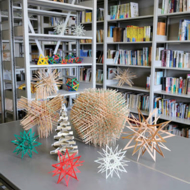
Mathematical analysis
This field tries to clarify the nature of complicated phenomena by making full use of mathematics and computers.
Applied mathematics
This field tries to clarify the nature of complicated phenomena by making full use of mathematics and computers.
Informatics
This area provides research for new computing principles that bring about fundamental innovation to the heart of modern society, IT technology.
"Department of Media Informatics"
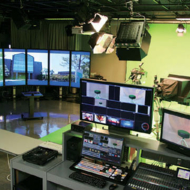
Information systems
This area aims to have students acquire the ability to build a practical information system.
Media engineering
This area aims to have students acquire the skills as to how to handle multimedia information and ability to achieve application and systematization of such information.
Software science
This area is for the designs and development of basic software, such as computer operating systems, and applied software.
“Department of Electronics and Informatics”
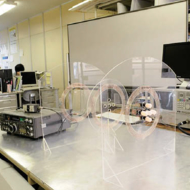
Electronics
This area is for the development and study of the fundamentals of electronic circuits, electronic materials, and electronic devices.
Communications
This area is to develop and study basic communications technology, and communication devices and systems.
Information
This area is to develop and study the basics of computer science and information systems.
“Department of Mechanical and Systems Engineering”
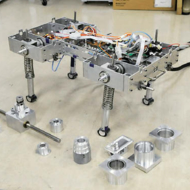
Mechanical system
This area promotes studies of mechanical fields such as safety and optimum forms of machines and structures.
Energy
This area attempts to tackle the energy issue, one of the most important issues of the 21st century.
System
This area works toward the development of systems that can meet various conditions for functions, economics, safety, and reliability.
“Department of Material Chemistry”
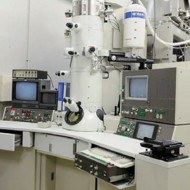
Analysis and environmental chemistry
Students are taught methods for material evaluation which is essential for promoting studies of the environment and materials.
Inorganic materials and ceramics
Students are taught theories and techniques necessary for developing advanced inorganic materials.
Organic materials and polymers
This area provides step-by-step learning regarding the basic and application of organic materials and polymers.
Biotic function molecules
Students are taught synthesis methods and properties of molecules with bodily functions.
“Department of Environmental Solutions Technology”
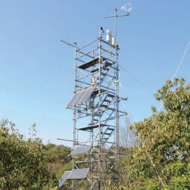
Ecology engineering
Students gain knowledge and techniques necessary for specialists of urban environmental engineering.
Ecology environment management
Students gain ecological knowledge while in the outdoor environment and in indoor laboratories.
